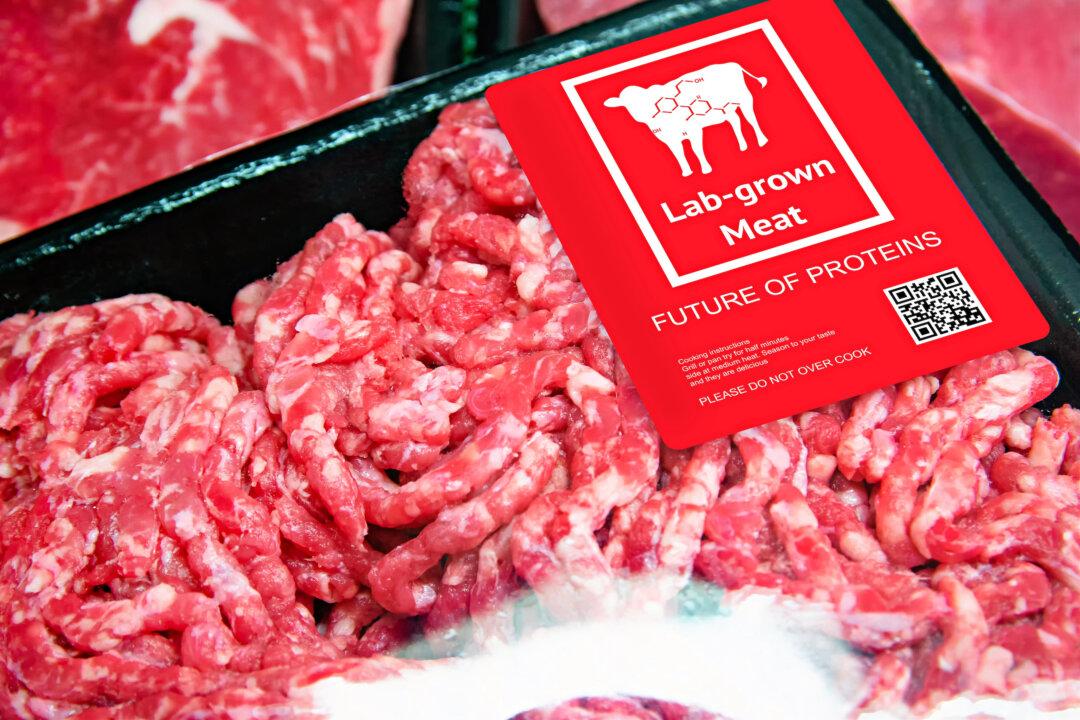As shoplifting continues to surge across the nation, artificial intelligence (AI) innovations are providing retailers with hope that America’s theft binge will soon be a relic of the past.
Read Hayes, a criminologist and director of the Loss Prevention Research Council, told The Epoch Times that the next steps in anti-theft AI technologies have already arrived, and in some cases, are being employed.





